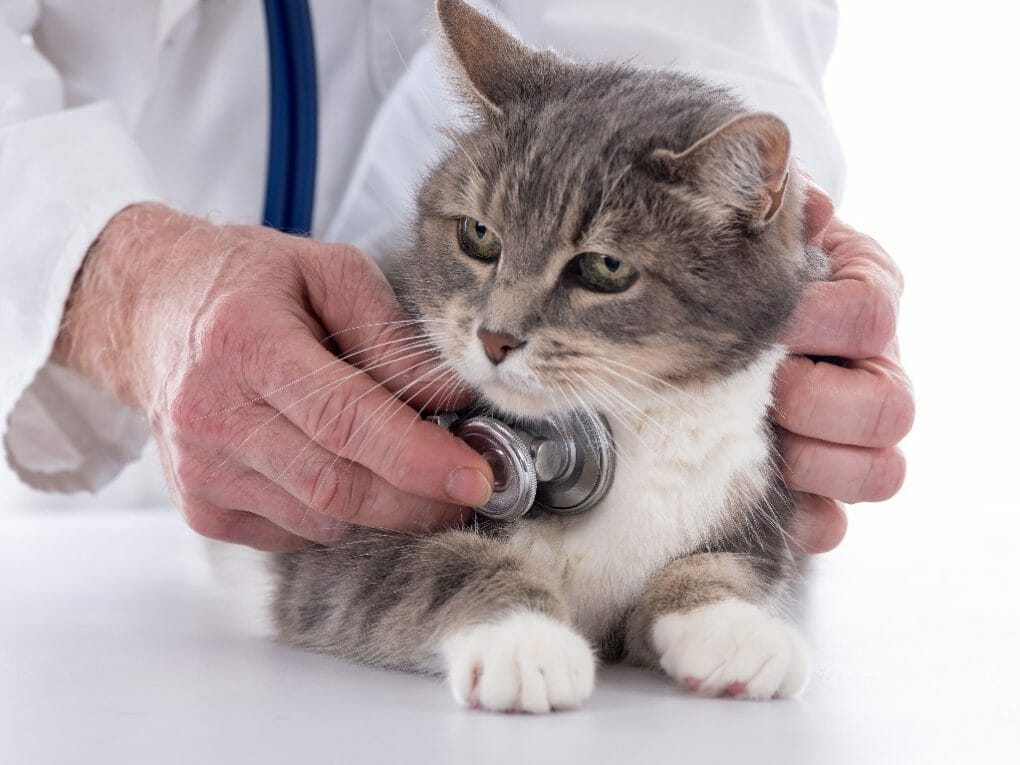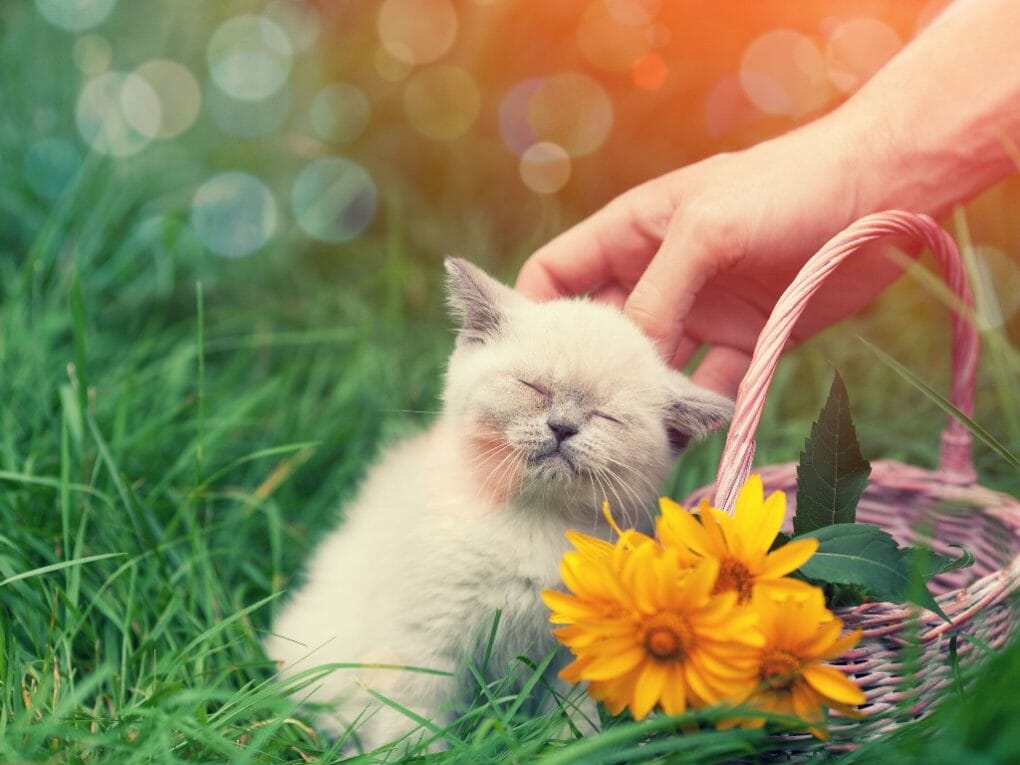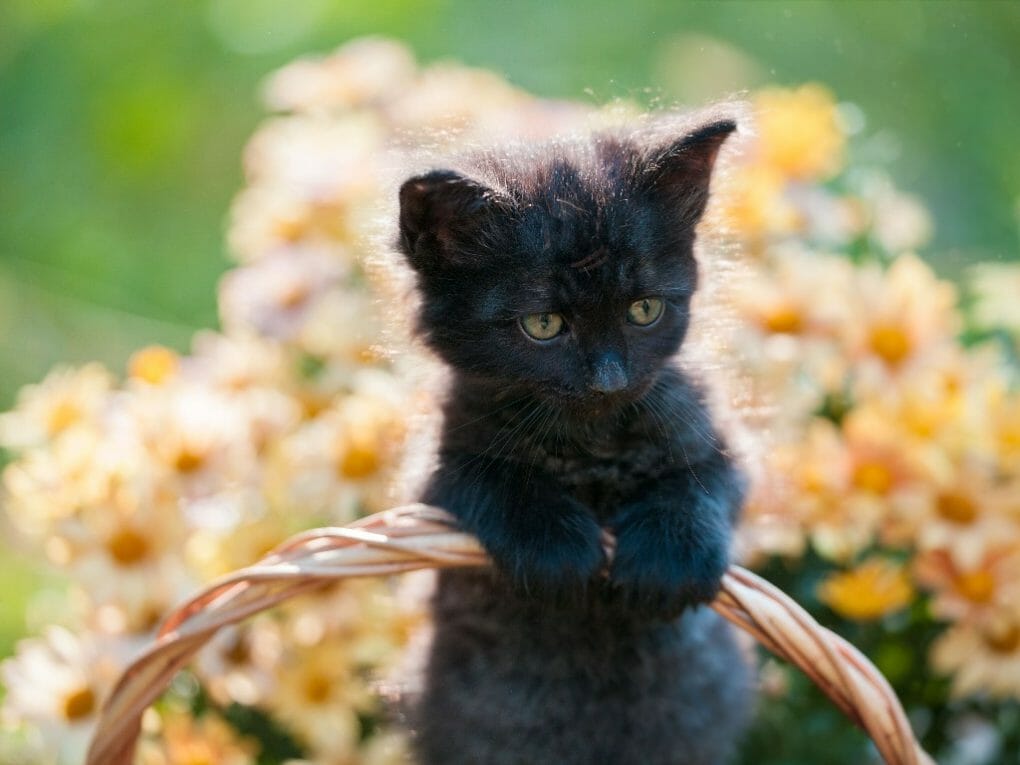Can Cats Get Parvo: Understanding How Cats Contract the Parvovirus


Yes, cats can get parvovirus. However, cats who do not have vaccinations are most susceptible to contracting it. Parvo is a highly contagious virus that can quickly kill cats if not treated. Signs of parvo in cats can include difficulty breathing, vomiting, diarrhea, and fever.
If you own a cat, it is crucial to be aware of the dangers of cat parvovirus. Parvo is a highly contagious virus that can be deadly if not treated quickly. It kills rapidly dividing cells and results in feline panleukopenia, one of the leading causes of death among cats.
Effective vaccines are available against parvo, making it less of a threat for cats. However, if you notice any of the symptoms in your cat, visit a veterinarian immediately for a blood test to determine if they have the virus and to start treatment. Prevention is the best way to avoid this virus – keep your cat vaccinated and wash their paws regularly!
Table of Contents
How Cats Get Parvo
It’s always important to be cautious when socializing your pets. For example, cats usually contract the parvovirus by contacting infected cats with secretions (urine, stool, and nasal fluids).
If you’re worried about your cat contracting parvo, keeping your pet dog confined to an enclosed area and keeping your cat away from infected ones at all costs is essential. Additionally, ensure to keep your cat’s vaccinations up-date, and keep them healthy by feeding them a healthy diet and providing plenty of exercises.
Symptoms of parvo may include vomiting, diarrhea, lethargy, and anorexia. If you think your cat might have caught parvo, take them to a veterinarian as soon as possible. Parvo is a highly contagious virus that can be deadly if not treated quickly.
Parvo has no cure and can be fatal if not treated quickly.
It is crucial to get the necessary shots for your cats to protect them against viruses like parvo. It will increase their survival chances against various infections and diseases.
Parvo in Cats
Symptoms


Parvo is a highly contagious virus that can seriously injure or kill your cat. Early detection is critical, so keep an eye out for the following symptoms in your cat: lethargy, excessive drooling, vomiting, diarrhea, and seizures.
If you see any of the symptoms listed above, you must take your cat to the veterinarian as soon as possible for treatment and protection from the virus.
There’s no cure for parvo at this time (only treatment), but you must contact your veterinarian if you think your cat may have contracted the virus. If you believe your cat has contracted parvo, the best thing is to keep them isolated from other cats and contact your veterinarian. They’ll be able to provide the best care for your cat and help you make sure they make a full recovery.
Diagnosis
If you notice any parvo signs in your cat, it is essential to get them checked out right away! Your veterinarian will do a series of tests to diagnose the illness, including a blood test and an exam of the cat’s digestive system.
Treatment
Treatment for cat parvovirus includes hospitalization and supportive care. If your cat is vaccinated and contracted the virus outside of the home, it will likely make a full recovery.
However, vaccination is the best way to prevent cat parvovirus from spreading and is always recommended when there is potential for exposure. Keep your feline friends vaccinated and look for the signs of cat parvovirus so that you can take appropriate action quickly and protect your loved ones.
There’s no mistaking the signs of cat parvovirus when you see them. Your cat is lazy and has diarrhea, vomiting, and a high fever. If you think your cat has contracted the virus, immediately take them to the veterinarian!
How to Prevent Cat Parvovirus
Keeping your cat indoors at all times is one of the best ways to prevent cat parvovirus, as they usually get it from socializing with other infected felines. You can also encourage good hygiene by washing your hands and keeping surfaces clean.
Keep an eye out for any behavioral changes or changes in appetite, as these could be early signs of the virus. It’s also essential to keep them vaccinated and up-to-date on their rabies vaccine, as this can help reduce the chances of them getting parvo in the first place.
If your cat gets sick, give them plenty of fluids and cool compresses to help it heal quickly.
Ensure they’re always well groomed to reduce their risk of getting sick. In the worst-case scenario, if your cat does get parvo, be prepared to care for them until they recover.
Parvo is a highly contagious virus that can kill cats quickly if not treated. If you think your cat may have contracted parvo, take them to the vet immediately for treatment.
What to Do if Your Cat Gets Parvo


If your cat gets parvo, there are a few things you need to keep in mind to ensure its survival. First, keep them hydrated and fed, bathe them, keep their environment warm and dry, and contact your vet as soon as possible.
For example, you can try to keep them calm by feeding them small amounts every few hours and providing them with a comfortable place to rest. Additionally, you can try to keep them away from other cats, as parvovirus can be spread through contact.
Remember that cats will fight for their lives until they recover, so be prepared for anything during this time.
